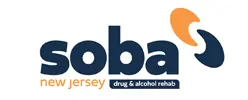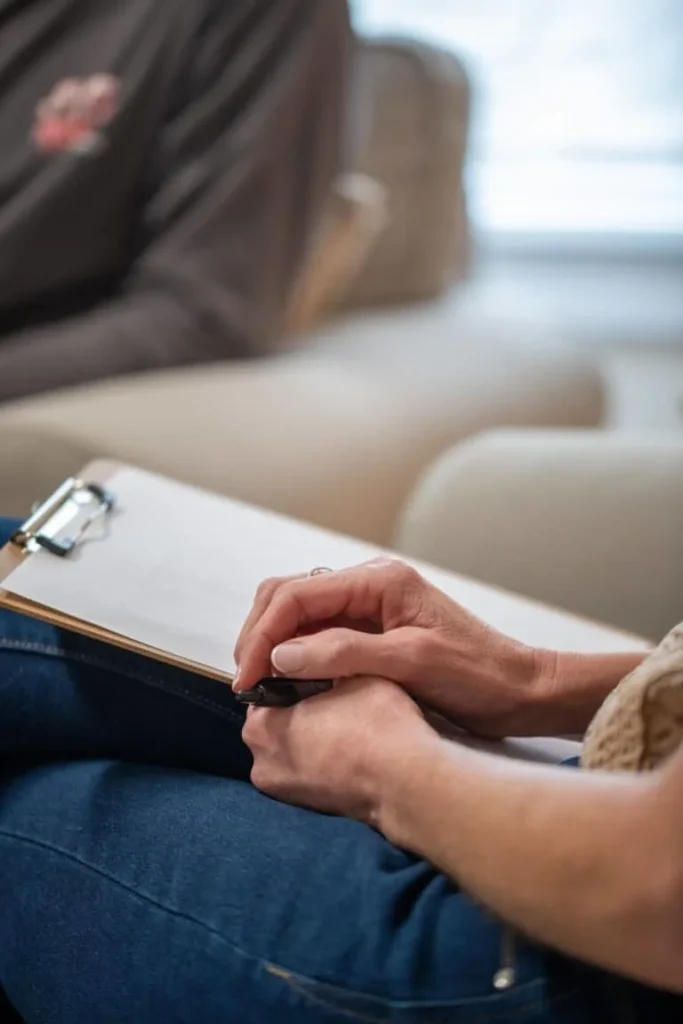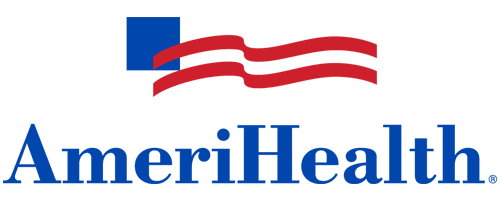Opioids are a class of drugs used to treat severe or chronic pain. Although many people refer to “opioids” and “opiates” interchangeably, they are different. Opioids are all naturally occurring, synthetic, and semi-synthetic opioids; opiates are naturally occurring opioids, such as heroin, codeine, and morphine. While some opioids (including opiates) are legally available as prescription medications, they are highly regulated due to their high potential for abuse.
Some examples of opioids include:
- Oxycodone (OxyContin or Percocet)
- Hydrocodone
- Tramadol
- Fentanyl
- Codeine
- Heroin
- Dilaudid (hydromorphone)
- Demerol
- Morphine
Typically, opioids come from the opium plant, but some are manmade (synthetic), such as fentanyl. All opioids stimulate the brain’s opioid receptors, helping reduce feelings of pain and enhance feelings of pleasure and wellbeing. They also cause you to feel deeply relaxed and, in some cases, euphoric.
When used correctly, opioids can be extremely beneficial for individuals experiencing considerable pain. However, these drugs affect the brain’s natural processes and, when misused or abused, can quickly lead to increased tolerance, dependency, and addiction.




















